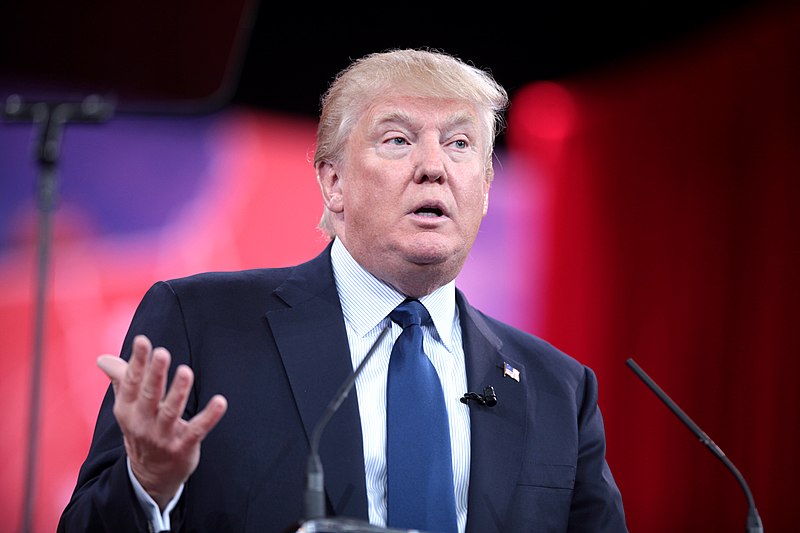
London Mayor Sadiq Khan has expressed hope that Donald Trump’s second term as U.S. president will mark a departure from the contentious dynamic of their previous encounters. Khan stated
his willingness to "work closely" with the returning president, emphasizing the importance of collaboration between London and Washington.
This conciliatory tone represents a shift for Khan, who had a highly publicized feud with Trump during his first term in office. Trump previously called Khan a "stone cold loser" and criticized his handling of terrorism, branding him "very dumb." Khan, in turn, accused Trump of harboring personal biases against him due to his ethnicity and Muslim faith.
In recent commentary, however, Khan struck a more measured note. “As someone who believes in democracy, voting, and elections, we must respect the fact that Donald Trump is the elected President of the United States,” he remarked. Khan also expressed hope that Trump’s approach in his second term would differ from his first, saying, “Let’s keep our fingers crossed that this president is different from the last time he was president.”
A history of tension
The tension between the two leaders dates back to Trump’s initial presidency, which saw repeated public exchanges of criticism. Trump’s comments about London’s response to terrorism and Khan’s leadership were met with sharp rebuttals from the mayor. Most notably, protests during Trump’s 2019 state visit to the UK included the infamous "Trump baby blimp," a satirical symbol of public dissent.
Khan has not shied away from critiquing Trump’s political ideology, warning recently about the rise of “reactionary populism” and “resurgent fascism.” Writing in The Observer, Khan called for progressives to confront the far-right and protect democratic values, stating, “We should be in no doubt—this is a perilous moment. The spectre of a resurgent fascism haunts the West.”
Khan also directed criticism at tech leaders like Elon Musk, accusing them of prioritizing profit over democracy. “Progressives face a century-defining challenge,” he wrote, urging unity against divisive politics.
Balancing diplomatic relations
Khan’s remarks come as the Labour Party seeks to rebuild relations with the U.S. administration. Prime Minister Keir Starmer extended his “warmest congratulations” to Trump, highlighting his “longstanding affection and historical ties to the United Kingdom.” Starmer emphasized the importance of strengthening the transatlantic alliance to address global challenges.
Labour figures have previously been critical of Trump, including Foreign Secretary David Lammy, who in 2019 labeled him a “woman-hating, neo-Nazi sympathizing sociopath.” While Lammy later downplayed these remarks as “old news,” the party has faced challenges in fostering diplomatic ties with Trump’s administration.
Treasury Chief Secretary Darren Jones distanced the government from Khan’s recent comments, reiterating respect for Trump’s democratic mandate. “President Trump won an enormous election victory in the U.S.,” Jones said in an interview. “As a democracy, we respect that.”
Looking ahead
As Trump takes office for his second term, Khan remains cautiously optimistic, expressing a desire for a more cooperative relationship. While their past exchanges were marked by sharp differences, Khan’s acknowledgment of Trump’s mandate signals a readiness to engage constructively. Whether this will translate into a smoother dynamic between the two leaders remains to be seen. Photo by Gage Skidmore from Peoria, AZ, United States of America, Wikimedia commons.



































